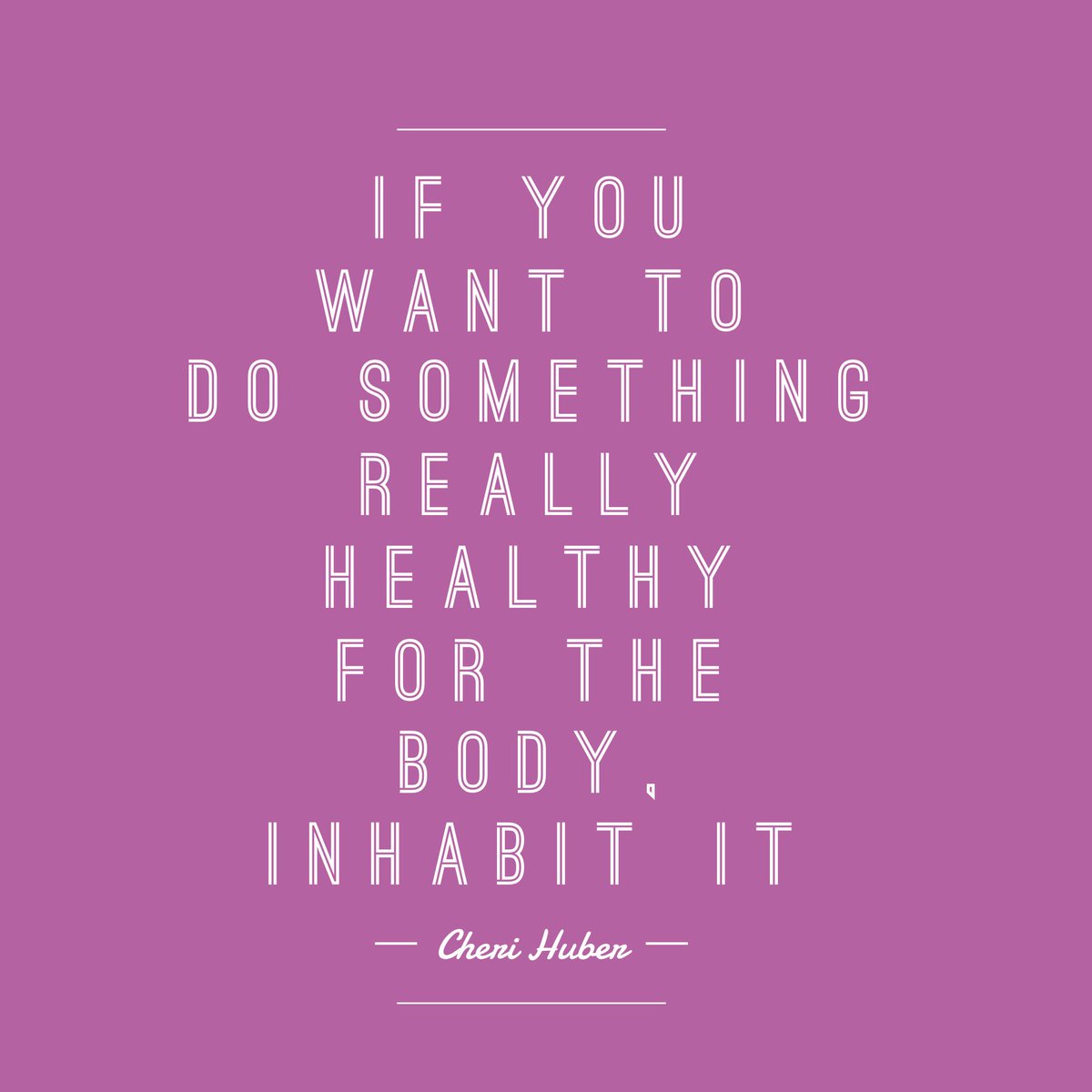click here for this edition’s table of contents
Physiology Influencing Psychology
- “if I can interfere with a posture then I find I’m free of both the emotion and the thought tied to that posture.” –Jerry Brewster
1) Here’s an article I wrote on how our physiology can dictate our psychology. It also summarizes an important study on breathing and emotions.
2) What’s the difference between a physiological response to a stimulus and a conscious emotional reaction? Are we really angry, or are we just labeling an unconscious physiological process that we can’t consciously understand? There’s research out there that supports this train of thought.
3) Having an emotion and feeling an emotion are two different things. Listen to this 8 minute talk from Antonio Damasio.
4) Artificial Intelligence won’t be able to catch up to humans. At least not until they understand embodiment.
“But the point is that long before we were conscious, thinking beings, our cells were reading data from the environment and working together to mould us into robust, self-sustaining agents. What we take as intelligence, then, is not simply about using symbols to represent the world as it objectively is. Rather, we only have the world as it is revealed to us, which is rooted in our evolved, embodied needs as an organism. Nature ‘has built the apparatus of rationality not just on top of the apparatus of biological regulation, but also from it and with it’, wrote the neuroscientist Antonio Damasio in Descartes’ Error (1994), his seminal book on cognition. In other words, we think with our whole body, not just with the brain.”
5) Amy Cuddy’s book, Presence, is a summary of the body-to-mind effect. She dives into the research and reasoning of how the body dictates the mind. I think anyone that works in medicine or movement should read this one. #Expand #TakeUpMoreSpace #Embodidment
6) Sure, there’s been a study that refuted Cuddy’s famous posture study. But this is just one study. It doesn’t discredit the large body of work (no pun intended) and overwhelming empirical evidence of the benefits embodiment. The physical body matters in more ways than we’ll ever understand through science.

7) Hangry may be more than a funny commercial. It influences our culture, behavior, and socioeconomic classes, “hunger is an important mediator of the relationships between socioeconomic variables and the behavioral/psychological outcomes”
8) Treat the body to treat the mind.
“Botulinum toxin A injection in the glabellar region was associated with significant improvement in depressive symptoms and may be a safe and sustainable intervention in the treatment of [major depressive disorder].”
9) What is the mind? It’s much more than a bunch of processing neurons.
“In other words, even perceiving our mind as simply a product of our brain, rather than relations, can make us feel more isolated. And to appreciate the benefits of interrelations, you simply have to open your mind.”
10) Labeling and expectations plays a role here as well.
“Earlier studies have demonstrated the cognitive manipulability of bodily states produced by the injection of epinephrine. The present study demonstrates that, within the limits of plausibility, the labeling of naturally occurring bodily states is similarly manipulable.”
11) Schacter and Singer’s two-factor theory on how physiological arousal influences emotion. “According to the theory, when an emotion is felt, a physiological arousal occurs and the person uses the immediate environment to search for emotional cues to label the physiological arousal”
Two famous studies you should read about
Epinephrine Injections and Emotions

12) Misattribution to arousal – “a term in psychology which describes the process whereby people make a mistake in assuming what is causing them to feel aroused”
13) I wonder if the high physical arousal caused by high-intensity exercise classes/clubs/boxes leads to the cult-like following? People get their heart-rate up and hormones raging with exercise, then psychologically fall in love with their exercise group and facility. Sounds like a good business plan.
14) It’s transferring one state to another (but not limited to thoughts and emotions).
“Excitation-transfer theory purports that residual excitation from one stimulus will amplify the excitatory response to another stimulus”
15) “More thoracic breathing was reported for fear than any other emotion” –Pierre Philippot
16) It’s not just hangry. It’s a loss of self-control.
“This review suggests that blood glucose is one important part of the energy source of self-control. Acts of self-control deplete relatively large amounts of glucose. Self-control failures are more likely when glucose is low or cannot be mobilized effectively to the brain (i.e., when insulin is low or insensitive). Restoring glucose to a sufficient level typically improves self-control.”
The main reason I do this blog is to share knowledge and to help people become better clinicians/coaches. I want our profession to grow and for our patients to have better outcomes. Regardless of your specific title (PT, Chiro, Trainer, Coach, etc.), we all have the same goal of trying to empower people to fix their problems through movement. I hope the content of this website helps you in doing so.
If you enjoyed it and found it helpful, please share it with your peers. And if you are feeling generous, please make a donation to help me run this website. Any amount you can afford is greatly appreciated.


